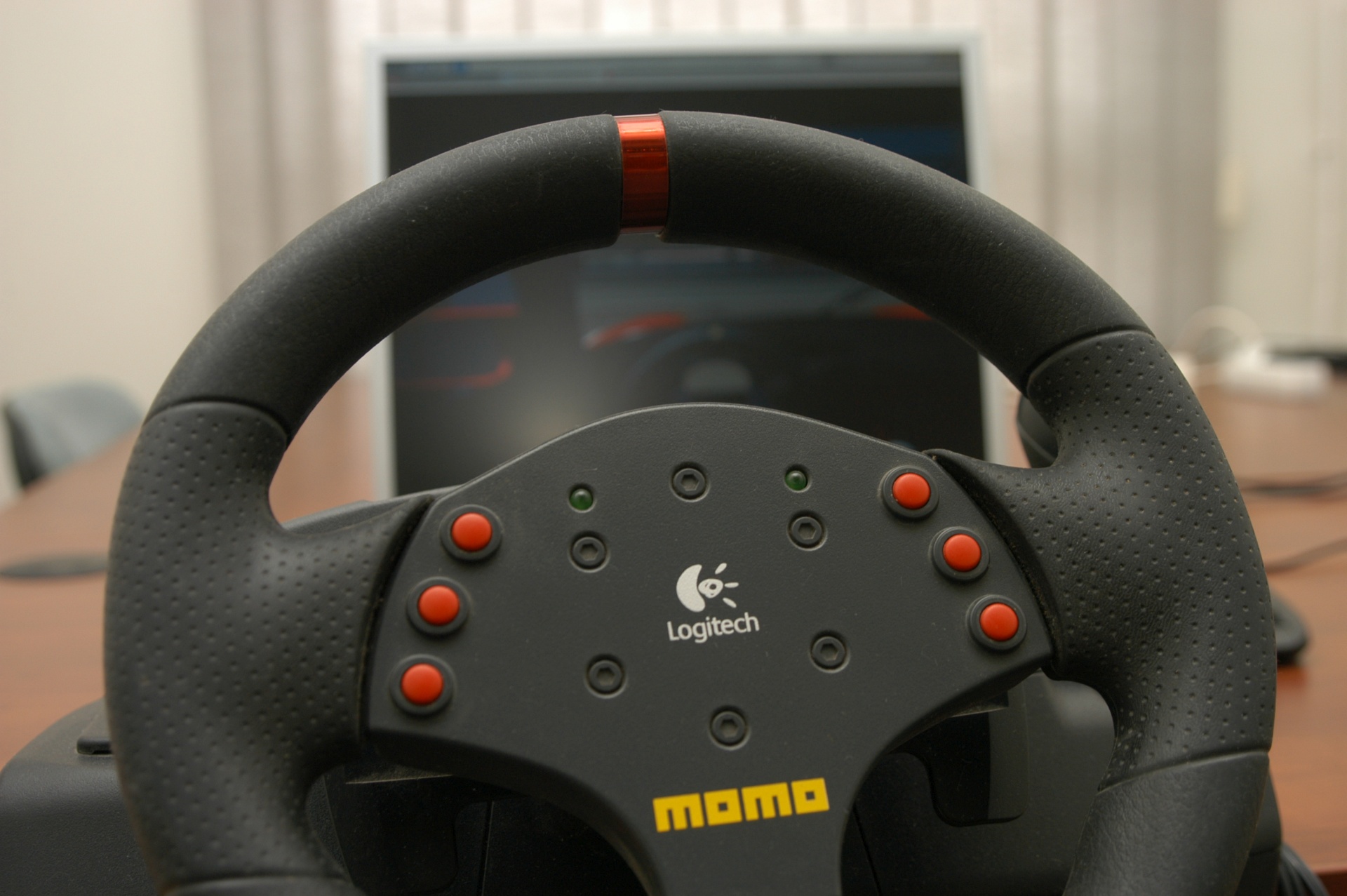Project SimRacing
Situation
Studies at the Budapest University of Technology and Economics created the need and opportunity to conduct in-depth research in the scene of online car simulator gamers with scientific methods.
Task
The basic task was to generate a Master Thesis that fits the requirements set out by University standards. This included the review of relevant international literature, conduct original research with pre-approved methods and most importantly prove or confute the thesis, the key idea of the whole project. I decided that I would argue in support of digital technology that helps clusters to converge and break down barriers to let underfinanced and hindered individuals to fight their way into global platforms that they would not reach any other ways.
Action
It quickly emerged that the centre of the project would be fieldwork involving former simracers who turned into successful race car drivers in international competitions. During this period, I had the opportunity to work together with three of them: FIA World Touring Car Championship race-winner Norbert Michelisz, SEAT Leon EuroCup champion Gábor Wéber and Norbert Kiss who later went on to win the European Truck Racing Championship.
Detailed, in-depth interviews including the drivers, business personalities and team personnel revealed many important details to work with and relevant industry publications helped to conduct a previously unprecedented research in Hungary. The first stage of the project ended by April 2010 with initial positive feedback on the direction. I submitted a revised version to the Conference of Scientific Students in fall 2011 and completed the final version by the end of 2011.
Result
The project received acclaim from multiple sources within the scientific scene, including tutors and a 3rd place award at the Conference of Scientific Students at the Budapest University of Technology and Economics. In May 2010, Gábor Képes, director of the ‘Space Invader’ video game conference invited me to present the initial findings of the project at the Hungarian Museum of Science, Technology and Transport in Budapest. The final document earned 92% overall rating.
The author analyzes an area that lacks discussion even at the international level by exceeding the extent and quality that is anticipated from a Master Thesis and makes numerous relevant, initial and correct comments. The amount of independent research is stunning and he is using them cleverly to bear out his statements. It is a conscientious, excellent work. Although he could have complied with the requirements set for the Thesis with a shorter extent and with less directions of examinations, I appreciate the author’s readiness to take risks that is sourced from his enthusiasm for the subject and his demand for complex analysis Gábor Vályi PhD

